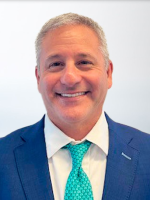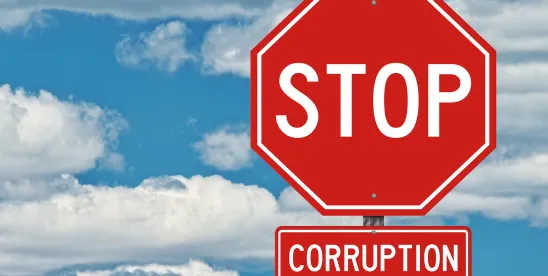The last two decades have been marked by robust enforcement of the U.S. Foreign Corrupt Practices Act (“FCPA”) by the U.S. Department of Justice (“DOJ”) and Securities and Exchange Commission (“SEC”). In line with its “shock and awe” approach, the Trump Administration seemingly called the future enforcement of that law into question when, on February 10, 2025, President Trump signed an Executive Order directing the Attorney General, Pam Bondi, to “pause” enforcement of the FCPA and conduct a comprehensive review and update of the law’s enforcement approach. The “pause heard around the world” shocked many commentators, anti-corruption campaigners, and countries that are signatories of the OECD Convention on Combating Bribery of Foreign Public Officials in International Business Transactions (“OECD Convention”), as it raised questions about the United States’ commitment to combatting corruption going forward.
Looking beyond the headlines, there are reasons to believe that FCPA enforcement will continue, although perhaps in a different form than in the past. On May 12, 2025, the Head of the DOJ’s Criminal Division, Matthew Galeotti, announced significant revisions to the DOJ’s white-collar corporate enforcement policies around the tenants of “Focus, Fairness, and Efficiency.” In doing so, the DOJ identified ten priority (“high-impact”) white-collar enforcement areas, one of which is “[b]ribery and associated money laundering that impact U.S. national interests, undermine U.S. national security, harm the competitiveness of U.S. businesses, and enrich foreign corrupt officials….” The DOJ’s framing of the fight against corruption as focused on acts that harm U.S. national interests and security is consistent with the February 10 Executive Order, which cited specifically “critical minerals, deep-water ports, or other key infrastructure or assets” as areas that are critical to U.S. national security. If the view persists that U.S. companies operating in these critical areas are being disadvantaged by non-U.S. companies (which, by implication, may be operating with less legal restraint than that imposed by the FCPA), then there is a real possibility of increased U.S.-led investigations into companies, perhaps especially non-U.S. companies, operating in these segments.
But for every action there can be an expected reaction. OECD Convention signatories (often led by the U.S.) have lobbied each other for years to increase their respective enforcement activity. Several countries have responded, either by adopting enhanced anti-corruption laws (some with expansive extraterritorial reach) and/or by increasing their enforcement activity. This is the case for, among others, France, the United Kingdom, Germany, Brazil, and the Netherlands. Having spent years developing and enhancing their anti-corruption enforcement capabilities, it is unlikely that all such countries will be quick to “pause” their own investigation and enforcement efforts, and they may find benefits of increased sharing of information and resources among themselves. One example of this is illustrated by the March 20, 2025 announcement by French, U.K. and Swiss prosecutors of their establishment of an “International Anti-Corruption Prosecutorial Taskforce” aimed at furthering cooperation and sharing of information among like-minded agencies to fight transnational bribery and corruption.
For private funds, the shifting dynamics around global anti-corruption enforcement counsel towards a considered, risk-based approach in connection with the diligence process when considering potential targets. In addition to assessing typical areas – such as the ultimate beneficial ownership; a history of reputational / regulatory issues; and the existence of compliance policies, procedures and personnel – this should also include an assessment of whether the target operates in strategic sectors which could have a U.S. national security nexus (such as those identified above), or is based, or has significant operations in geographies viewed as presenting heightened corruption risk or which have been specifically referenced by the Administration for unfair business practices.
In the event that fund sponsors receive any alerts or allegations of potential wrongdoing involving portfolio companies, a prompt and properly scoped investigation into such issues, along with remedial measures to the extent that they are verified, can be critically important given the DOJ’s focus – reiterated in the May 12, 2025 white-collar enforcement priorities referenced above – on rewarding companies that voluntarily report misconduct, cooperate with any investigation, remediate the misconduct, and can demonstrate that no “aggravating circumstances” exist. The fact that the DOJ’s most recent policy pronouncements also link bribery to “associated money laundering” activities suggests that fund sponsors should also ensure that their AML controls are up-to-date and adapted, as needed, to address any additional regulatory requirements across relevant jurisdictions.
Todd J. Ohlms, Robert Pommer, Seetha Ramachandran, Nathan Schuur, Bryan Sillaman, Robert Sutton, Jonathan M. Weiss, William D. Dalsen, Adam L. Deming & Hena M. Vora also contributed to this article.








 />i
/>i
